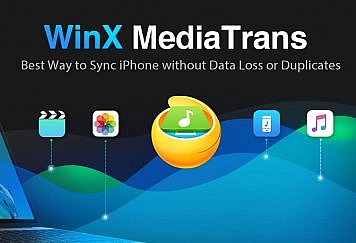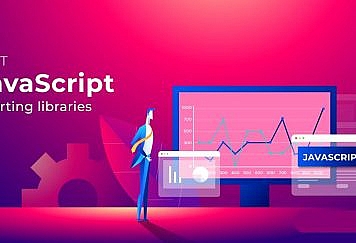Recording transcription entails the process of converting audio or video content to text. With the changing trends in various fields, consumer needs are also transforming, with more users demanding products and services that meet their unique preferences.
Industries like education and the media are at the forefront of this trend. Communication is a vital part of their businesses. Hence, there’s a need to enhance audience reach and communicate effectively. And there’s no better way to achieve this goal than through online recording transcription services. Let’s dive into the various applications of this tool in a few very diverse fields.
How Various Fields Can Apply Recording Transcription Services
With the power of speech-to-text conversion, recording transcription services allow different practitioners to reach vast audiences. From appealing to people with hearing disabilities to speakers of other languages and those with a preference for text, the opportunities are limitless.
Education professionals can produce inclusive lectures accessible for years to come, while journalists can convert spoken interviews to written content for clearer messaging. Here’s an in-depth look at these applications:
-
Education
Most lectures occur verbally. Issues arise when a student misses class, the lecturer is a fast speaker, or an accent interferes with the delivery. Lecturers can leverage recording transcription to convert their spoken presentations to text, enabling students to access lessons later to catch any missed points or words.
Another application of recording transcription services in education is for easier revision. When the study material takes the form of text, searching the content for keywords or specific topics is more effortless. This capability makes exam prep more efficient, driving better academic performance.
Transcription fosters inclusivity in education. The world has recently migrated to remote workplaces and marketplaces, and education is not exempt. Institutions have students spread across the globe; this does not mean a student who doesn’t speak a specific language should miss out. Lecturers can use speech-to-written transcription to convert their lessons to text and translate them to other languages. This fantastic feature enables students from different parts of the world or non-fluent speakers to receive original lectures through text files.
Exchange programs and conferences can also deliver more value to participants thanks to transcription. Speaker addresses will reach those with hearing impairments, and transcripts are perfect for future reference.
-
Journalism
Besides reporting news verbally, journalists publish text-based media in print and online. They must transcribe spoken interviews and speeches into text documents for easy and accurate reporting. Additionally, archiving becomes effortless as news companies can store the transcribed media for future reference. And when needed, one will only have to enter keywords to find specific content.
Additionally, converting broadcast material from spoken to written media increases accessibility by including those hard of hearing. This consideration is vital given that news consumption is an inclusive activity. And with over 37.5 million American adults reporting trouble hearing, recording transcription ensures that a large population remains informed.
-
Research
Research firms also depend heavily on interviews for data collection. The collected statements need careful analysis and processing for reports and presentations. While it’s easier for an interviewee to speak, it may not be a downhill task for the researcher afterward. Recording transcription services help them convert the recordings into text documents that data analysis tools can understand.
-
Mental Health
In the medical field, psychologists interview patients to determine their mental health status for proper diagnosis. They may record conversations (with the patient’s consent and knowledge) and transcribe the audio into text for future reference. Doctors refer to these written versions to help them provide better treatment. They can also review the material to determine if the client’s goals were met and if they’re in a better mental state. Additionally, the transcripts are handy for audits, performance reviews, and training.
How Does Recording Transcription Benefit Various Fields?
Whatever your field, recording transcription can be of tremendous help. Professionals have accurate data for reference, deliver engaging and inclusive presentations, and reach a wider audience by aligning with different preferences. Quality transcription through a professional service provider is vital to achieving these benefits. To summarize, a reliable transcript results in the following:
- Improved healthcare quality through review of text reports converted from audio interviews
- More efficient data analysis for researchers, delivering accurate results
- Better achievement of communication goals, including serving those with hearing disabilities
- Enhanced learning, with better lecture note accessibility, easier revision, cross-border collaboration, and engagement with foreign language speakers
Get Recording Transcription Services Today for Improved Performance
A company like GoTranscript guarantees accuracy and first-rate speech-to-text conversions. And there’s no better platform to access thousands of human transcriptionists online! You’ll access a vast pool of experts with diverse capabilities to meet every need. So if you’ve been spending hours on end reviewing your audio files or struggling to reach broad audiences, explore recording transcription services today to revolutionize your work processes!
Follow TechStrange for more Technology, Business, and Digital Marketing News.





